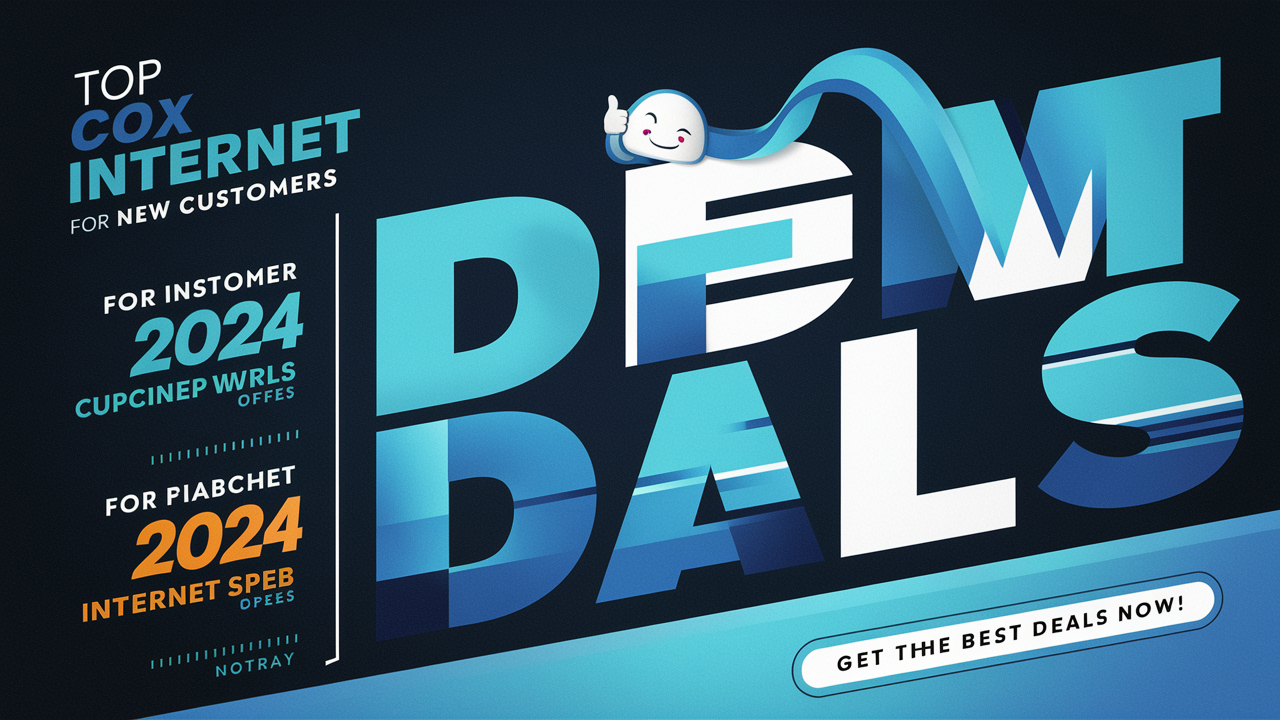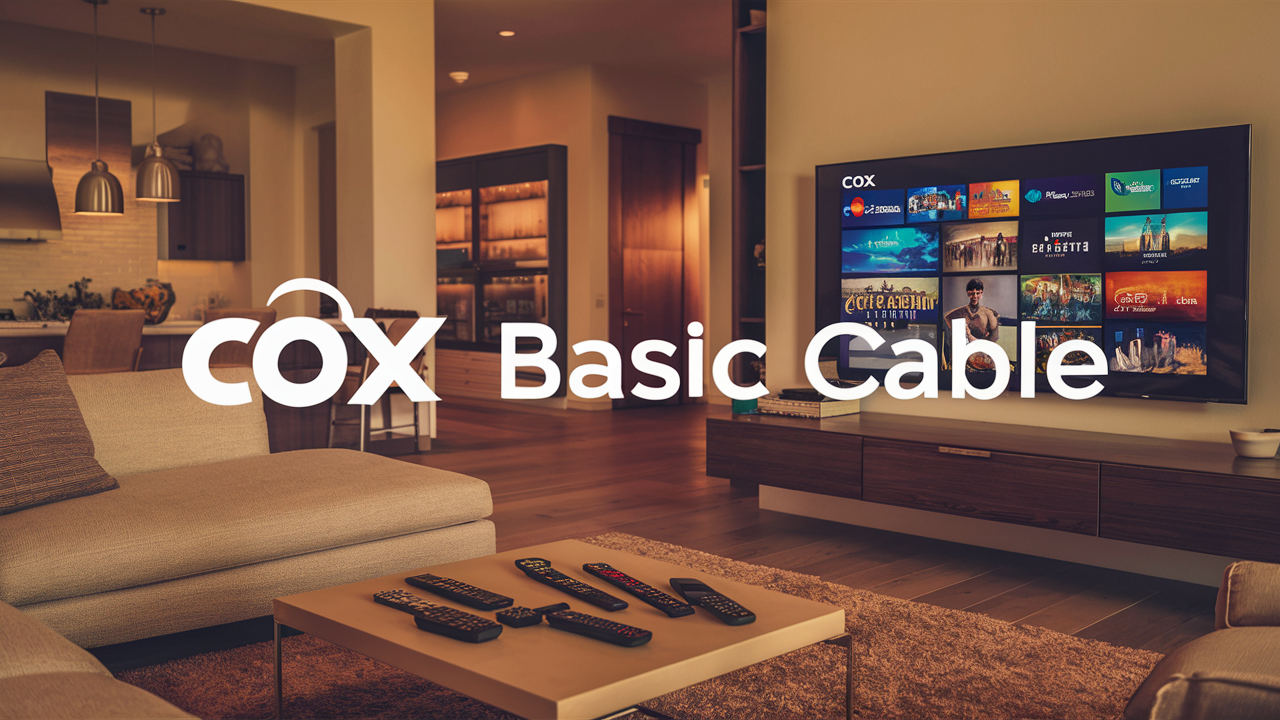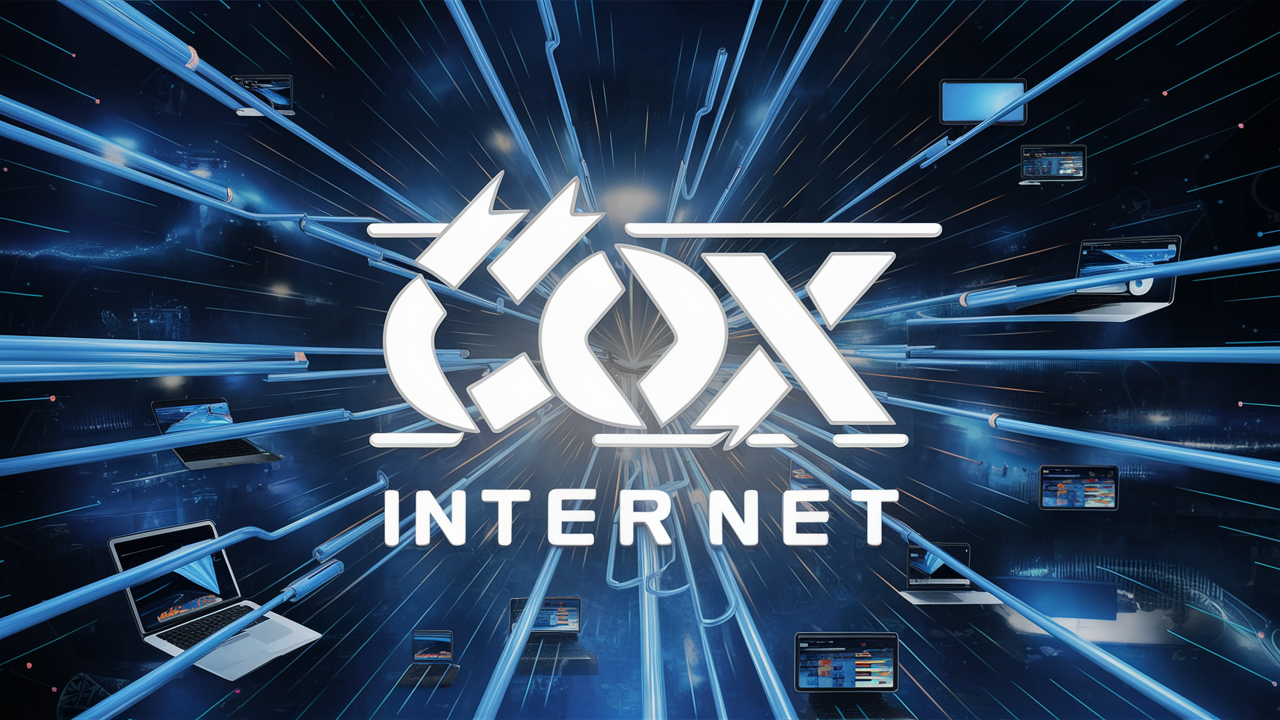Is Cox Upgrading to Fiber?

Cox Communications is a cable and telecommunications company operating in the United States and is one of the leading telecommunications companies with a client base of over six million and geographical coverage of 18 states. Over the past few years, Cox has been replacing some of the network infrastructure from conventional copper coaxial cabling to fiber optic cabling. This has led to some confusion among customers, and the question that is frequently being asked is: Is Cox moving to full fiber connectivity?
The Short Answer
The short answer is yes and no. Cox is planning to upgrade some of its networks to fiber, but is not, at present, considering a fiber-to-the-home, across the United States plan. It is important to understand that upgrades are occurring in particular markets and neighborhoods where such improvements are most profitable. Despite this, the majority of Cox’s network remains the HFC network that is made up of fiber and coaxial cables.
What is Fiber Internet?
However, it will be crucial to explain what fiber internet is and how it operates before that. Fiber optic internet uses bundles of flexible, slim glass fibers instead of metal copper wires, typical of traditional internet service.
Fiber provides nearly limitless bandwidth, incredibly fast internet speeds, low latency, and is more efficient than copper. It transmits data pulses through the glass cables, and because of this, it can transmit more data at once. This makes fiber the fastest and most future-proof internet connectivity technology available,” said Shonnard.
Broadband speeds available to consumers in this market segment can be categorized into different levels with the highest being between 300 Mbps and over 1 Gbps. Some providers even have gone ahead and provided 2-10 Gig speed plans over fiber networks.
FTTH vs HFCA
There are two main types of fiber internet architectures:
Fiber-to-the-Home (FTTH): This is the underlying fiber optic connection that directly links homes and business premises to the internet service provider. This offers the highest connectivity speed and the shortest time it takes for signals to travel between the two points.
Hybrid Fiber-Coax (HFC): This network extends fiber optic cables to the neighborhood node. From there, existing coaxial cables run to individual homes or are linked to other cables and/or facilities. This enables the providers to lay fiber in parts of the network without having to rewire homes in the entire region. They are still faster than what is provided by traditional coax cable, but slower than a full end-to-end fiber.
Currently, Cox uses hybrid fiber-coaxial technology that employs fiber-optic cables with coaxial cables to the homes.
Cox’s current upgrades employ HFC: Cox Communications has been enhancing its cable television using hybrid fiber coaxial technology.
To the author’s knowledge, Cox has only sought to transition some aspects of its network from fiber to neighborhood nodes. From nodes to homes, the connection remains the coaxial cable.
But this is where Cox is also increasing network architecture to fiber and it does not at the moment have plans of bringing full fibred access to homes all over the nation. Instead, it is an HFC network with growing fiber backbones and offers a much better performance.
Indeed, Cox has utilized its HFC network as a selling point against full fiber, which shows in Cox’s ads. The foremost is where HFC is said to be cheaper to construct than the national FTTH, a fact that results in cheaper internet rates.
There is a grain of truth to this – laying fiber to every Cox home nationwide would set back tens of billions. With the help of coaxing existing lines from the fiber nodes directly to homes, it will cost them much less to increase the speeds.
Markets With Fiber Upgrades
Although the competition in the telecommunications market is cut-throat, Cox has been steadily stepping up the use of fiber in some markets in the last couple of years. Reports indicate that markets with the most fiber upgrades include:
- Phoenix, AZ
- San Diego, CA
- Orange County, CA
- Hampton Roads, VA
- Northern Virginia
- Rhode Island
- Oklahoma City, OK
- Omaha, NE
In these markets, Cox is rolling out additional fiber backbone feeds to neighborhood nodes, and most customers are now getting Gigabit internet speeds.
These upgrades can provide downloads at up to one gigabit per second and uploads at up to 30 Mbps in significant portions of these metros.
While Cox cable markets in other parts of the country are still unable to access higher internet speeds. Some customers even reported using 5-10 Mbps DSL in some regions while they were expecting much higher speeds. This has created some frustration from some of the customers involved in these types of transactions.
Will Cox Upgrade to Full Fiber Eventually
A question that may be asked instantly is – will Cox invest in full fiber-to-the-home, nationally in the future?
The answer seems potentially yes, as the availability of extensive literacy resources may result in multiple types of literacy being taught, and a plethora of literacy strategies being employed both in and outside of the classroom. Eventually. However, it currently has no specific public plans to do so across its entire network of stores, although the company has been focusing on initiatives that aim to nourish its business relationships with local communities.
Thus, the real full fiber upgrades in most cases can be limited by the costs and competition in the sphere. Feasibly, strengthening an entire fiber could help Cox, although the company would need to avoid the pitfall of becoming over-reliant on such technology. However, based on its current HFC network, Cox might not need to spend tens of billions of dollars to redeploy cables in homes that it already caters to.
However, in the competitive markets, if fiber connection services are available from others, Coxs will be under pressure to upgrade its infrastructures to these speeds. This may well imply that fiber infrastructure will keep on becoming superior in markets with competitors.
Cox has not made any major HFC investments lately and appears content with maintaining current levels of investment in HFC as it attempts to persuade customers it offers more value than ‘overpriced’ fiber providers. In case more competitors start offering fiber, Cox may have to perform full fiber upgrades in the future, thus maintaining market competitiveness. However, up to the time of this writing, that moment has yet to happen.
Conclusion
One can place Cox into a rather peculiar situation here – the company provides relatively high speeds through HFC at the same time maintaining monthly prices lower than the top fiber providers. Fiber technology shows the higher potential speed undoubtedly but Cox’s HFC enhances the current gigabit-level internet at a cheaper rate.
The described strategy has proven quite effective for Cox up till now. Even though upgrades of the fiber backbone are likely to continue, for instance, where facilities-based competition is present, Cox does not appear to be inclined towards full FTTH connectivity across the United States.
As for the long-term effects of the changes, they may be associated with competition. As long as most customers are content getting ~940 Mbps downloads for $60-80 per month through hybrid fiber-coaxial, Cox may not bother rewiring homes with fiber at a greater expense. However, if competitors start providing multi-gig fiber services, it will only be a matter of time before Cox is forced to do the same to retain customers.
For now, customers searching for the fastest speeds that are currently available can still go with fiber providers when the services are offered. However, through HFC upgrades, Cox’s broadband speed has closed the gap in the areas with no fiber networking.
While Cox is moving more toward fiber and adding fiber to its network, an all-out shift to fiber-to-the-home connectivity does not seem to be on the horizon in the near term for its nationwide operating locations. Another important point to note is that HFC upgrades are expected to continue to drive subsequent enhancements over the medium term, at the very least.
Ready to upgrade your internet experience? Call us now at +1 844-349-7575 to explore the best Cox Internet plans for your needs!





